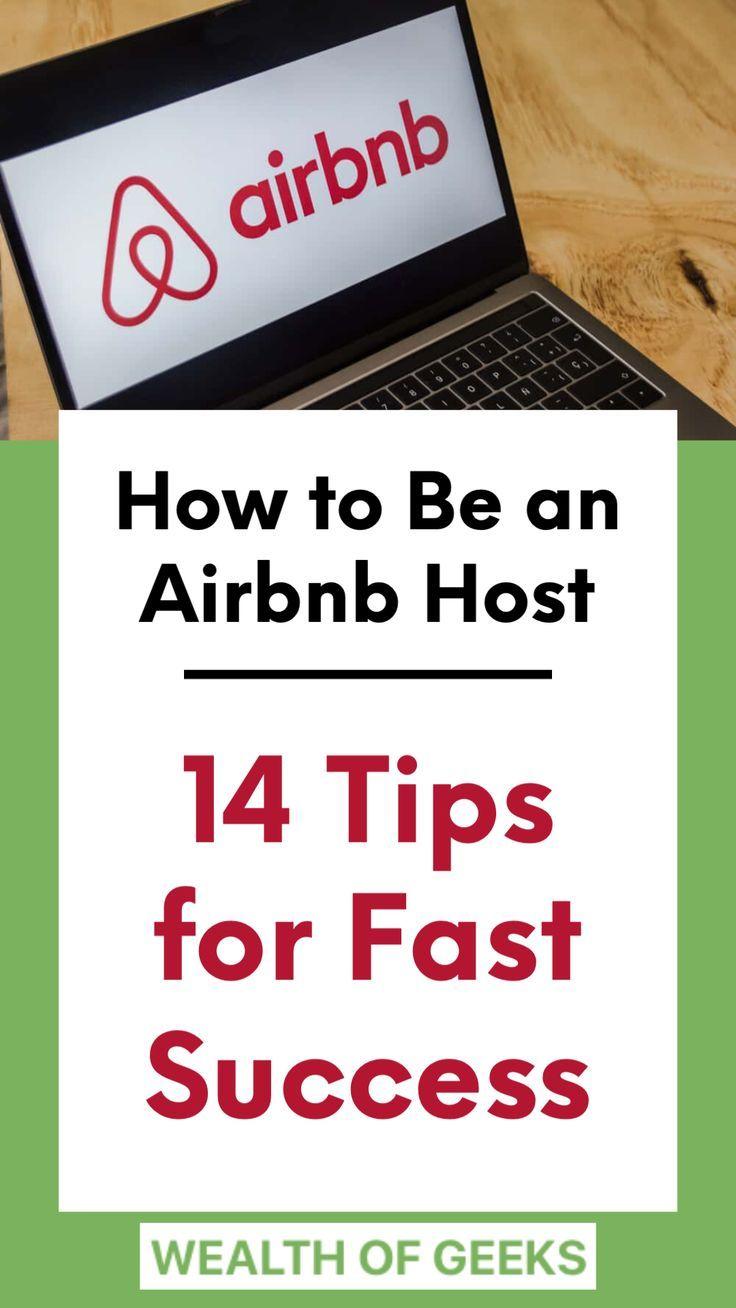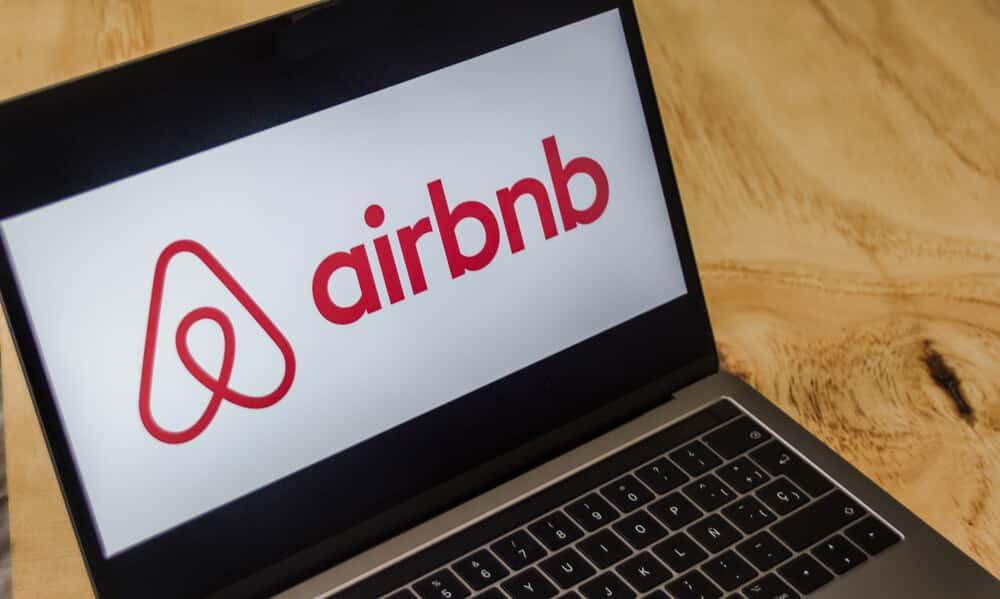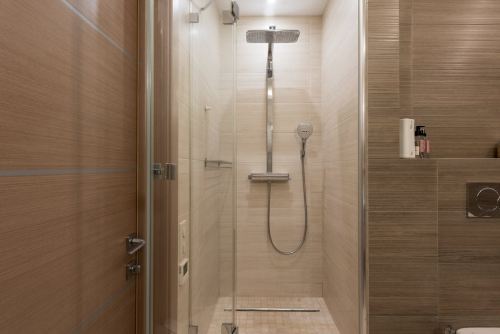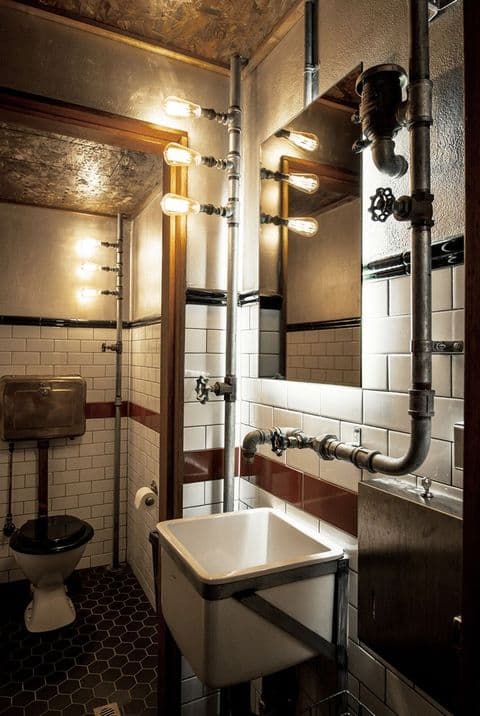How to Be an Airbnb Host: Tips for Fast Success
This article originally appeared on Spark Rental and has been republished here with permission.
Ever been curious about how to be an Airbnb host? How much extra income could you earn, if you transitioned a property from a long-term to short-term rental?
We tracked down several Airbnb experts to explain how to become a host for Airbnb with minimal fuss and maximum profits. They were quick to point out that managing a short-term rental business is not for everyone–or for every property–but it can be extremely profitable.
From broad-level strategy and narrowing into more tactical tips, here are 14 tips for how to be an Airbnb host, as you try out Airbnb rentals as a landlord!
1. Run the Numbers
“Before you become an Airbnb host, calculate whether the additional effort is worth the money, compared to what you could earn if you rented out the same space on a long-term lease.”
Featured Topics
>The 28 FICO® Scores lenders use >How to strengthen credit >How to repair credit >Protect your credit & identityPaula Pant, the sharp mind behind Afford Anything, uses Airbnb and short-term hosting for some of her rental properties. But not all.
Here’s how she breaks down the math:
“Let’s say that you could rent an apartment on a 12-month lease agreement for $1,200/month. By comparison, you could Airbnb the same space for $100/night.
“On the surface, that $100 per night sounds like a no-brainer. At full occupancy, that’s $3000 per month. Why wouldn’t you take that?
“But if Airbnb only gets you 18 days per month of occupancy, then your gross income would only be $1,800/month.”
Vacancy rate is far from your only expense though. You’ll need to pay for gas, electricity, water, internet, and consumables like toilet paper and soap. And don’t forget extra occupancy taxes tacked onto short-term rentals!
“Once you subtract these from that $1,800/month gross, you’ll find — in this example — that the long-term 12-month lease actually nets you more money.
“That’s not to say that all long-term rentals are better, nor is it to say that all short-term rentals are better. It simply means that you should not make assumptions based off gross income alone. Compare the two options to see which one is more lucrative.”
Related read: Financing a Rental Property: 4 Things You Should Know
2. Know Your Local Laws
Many local governments have outlawed or severely restricted Airbnb and other short-term vacation rental services. For example, one study found that half of the Airbnb listings in New York City are illegal. On the other side of the country, San Francisco only allows people to list Airbnb units if they live in the property themselves at least 275 days per year.
Research the best cities for vacation rentals, including both returns and legal regulations. Always understand your local laws, and make sure you can comply before listing on Airbnb!
3. Approach Short-Term Rentals as a Complete Hospitality Business
Being a landlord is largely hands-off, with occasional spurts of effort. That’s what attracts most landlords in the first place–the promise of passive income!
Short-term rentals can produce strong income, but they’re far less passive. And they require a more holistic approach to operate profitably.
“So many people who try out Airbnb just throw up the listing and then sit back and wait,” laments Al Williamson. “They don’t do marketing outside of Airbnb or VRBO. Then when it’s off-season, these hosts don’t make any money, which ruins their annual returns.
“What they should be doing is launching multi-pronged marketing campaigns. Registering with travel websites like Booking.com, posting on Craigslist, leveraging their own website and audience, even using hyper-targeted Facebook ads to reach extended-stay business travelers.
“Short-term landlords who approach it as a business can virtually eliminate vacancies, while those who just think of themselves as Airbnb hosts will wonder why their vacancy rate is so high.”
Al mentioned earlier that you should price against the competition of hotels. That also means you should aim to operate with the smooth efficiency that hotels do, too.

4. Furnish Affordably (But Tastefully!)
When most people approach the task of furnishing their rental, their first thought is “I guess I should go to the furniture store.”
Wrong. False. Incorrect.
Your potential guests don’t expect their bums to be the first to sit on your sofa. Not a single piece of furniture in your unit needs to be new.
Buy used furniture, and simply make sure it’s in good condition.
Options include Craigslist, Freecycle, garage sales, Goodwill, the Facebook Marketplace and used furniture stores. You can furnish your unit for a few hundred dollars, if you go about it with discerning taste.
Just make sure the décor matches within each room. You don’t need to be Betty Draper when learning how to be an Airbnb host, just pick a color scheme and go with it. Black and white is an easy one. Blue and wood tones is another easy scheme. When in doubt, take a tasteful friend with you to do your shopping.
5. Never Misrepresent the Property
Every landlord wants to paint their property in the best light. And that’s fine–as long as guests won’t be disappointed when they see the real thing.
Your listing photos are not the right place to show off your Photoshop skills. Your listing description is not the place to wax poetic.
By all means, show off the property’s strengths. Brag a little. But when it comes to your property’s weaknesses, be honest.
That doesn’t mean you can’t put a positive spin on them. If you’re renting out a small studio, “intimate” and “cozy” are reasonable alternatives to “cramped” and “tiny.”
Your guests will rate your property not just overall, but also on the accuracy of your listing. And if they feel gypped when they arrive, they’ll leave terrible reviews. This is a fast way to sink your short-term rental business.
6. Accrue 5-Star Reviews ASAP
First and foremost, ask all guests to leave a review for you. Pretty please. With a cherry on top. If you don’t ask, many will simply forget or not get around to it.
But building your rating doesn’t stop with asking for reviews. In the beginning, you might need to price your unit more competitively and go the extra mile with each guest.
“People love a deal, and as a new AirBnb host it can be difficult to stand out amongst the other AirBnb listings in your area,” explains Andy Kolodgie, owner of Cash Home Buyers Georgia. “By initially lowering the price of your AirBnb, you will draw in more people because most are looking for affordable accommodations. This will build your AirBnb reputation and allow you to start getting reviews. Building this credibility early on will attract more people to your AirBnb enabling you to increase the price down the road.”
The faster you can score your first five positive reviews, the faster you’ll drop that vacancy rate. Many guests refuse to stay in units without at least 5-10 reviews. So, make gathering reviews a priority.
7. Cleanliness Is Next to Godliness
Everything about your unit and your guests’ stay could be perfect, but if they see one cockroach cruise across the kitchen counters, you can expect a bad review.
Your units must be spotlessly clean. That goes doubly for kitchens and bathrooms.
And while we’re speaking of reviews, cleanliness is another category that guests will use to rate your unit. And not just on Airbnb, but on travel websites as well.
If you hire a maid or cleaning service, screen them well, and inspect their work regularly. Check that the bed linens are spotless and turned down professionally. If you do the cleaning yourself, make sure you do a spectacular job worthy of Mr. Clean’s shining pate.
8. Be Extremely Responsive
Experienced hosts know that communication with guests is crucial. So much so that it warrants its own rating category when guests leave reviews.
When a prospective guest inquires about your rental space, answer immediately. Do likewise when approving requests to book (if you refuse to turn on Instabook). And when future guests (or currently staying guests) message you with questions, hop to it.
Your response rate is the percentage of guest queries that you respond to within 24 hours. You need it to display as 100%.
9. Create a Concierge Document or Booklet
What do guests need to know, to stay in your unit?
What would make their stay even more enjoyable?
Start with the basics: an emergency contact name and number, the WiFi network name and password, which key is for which door, check-out procedure, and so on.
But don’t stop there. What neighborhood restaurants are divine? Which are tourist traps?
What entertainment or activities are available in the area? Have any tips to get the most out of the experiences? Any recommendations?
Can you include any coupons to local restaurants, events, etc.?
Don’t feel like you need to go overboard with this. Start basic with the bare necessities and add to them over time.
10. When in Doubt, Hire It Out
“Being successful with any Airbnb property will take time to manage, regardless of how close it is to where you live,” reminds Danny Margagliano, a Realtor and Destin Airbnb expert. “You will not only have to be available for fielding questions and inquiries but also be ready to spring into action when a problem arises.
“If an appliance breaks or the toilet gets clogged they are going to call upon you to fix it. This not only takes time but you also need to be available and have flexibility in your schedule. If you work a 9-to-5 job where you can’t have access to your email or phone you may want to rethink the idea of self-managing your rental property through Airbnb.
“Some of the responsibilities include but are not limited to cleaning in between guests, general maintenance, answering general inquiries in a timely fashion, and making sure guest check-ins go smoothly. If this list doesn’t scare you, you may be a great candidate for hosting an Airbnb property.”


